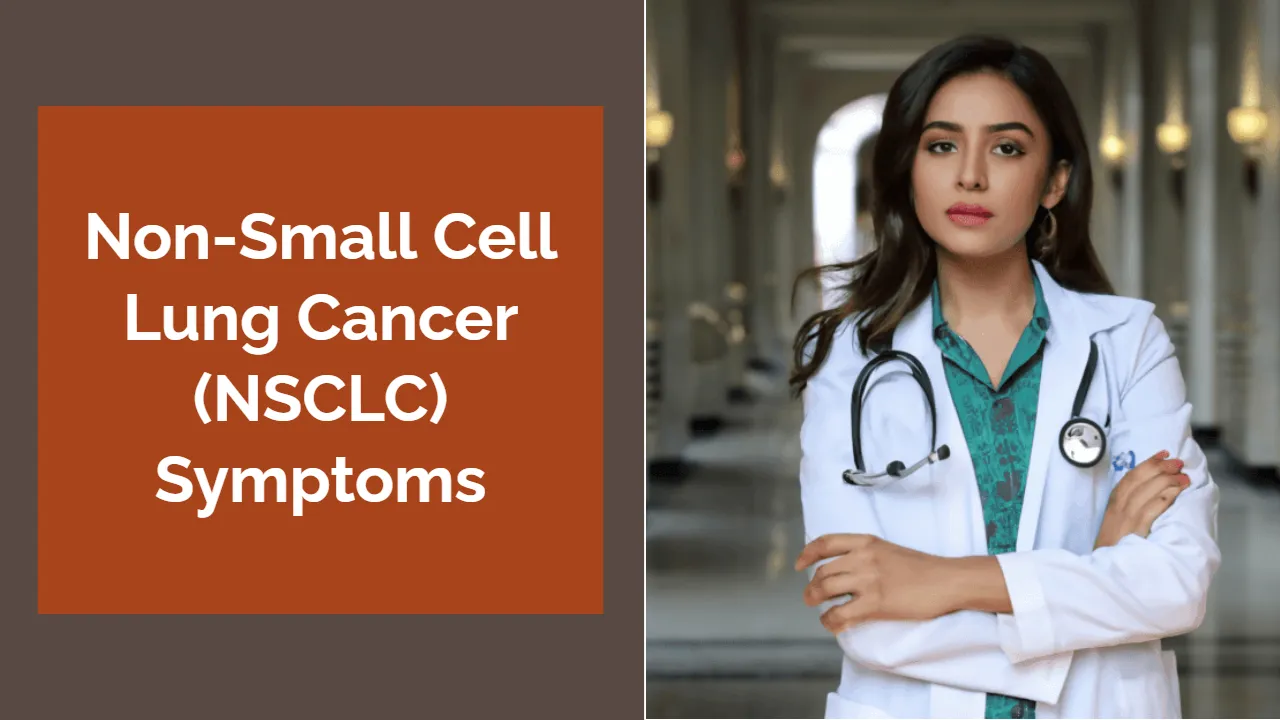Recognizing the Silent Threat: Symptoms of Non-Small Cell Lung Cancer
Non-Small Cell Lung Cancer (NSCLC) is a significant health issue, especially in India, where it represents a large proportion of cancer cases. Being aware of NSCLC symptoms is essential for early detection and timely intervention. This type of lung cancer is often referred to as a “silent disease” because its initial symptoms are frequently overlooked or mistaken for less serious ailments.
Early Warning Signs You Shouldn’t Ignore
NSCLC often does not present symptoms in its early stages, making it crucial to pay attention to any changes in your body. Here are some early signs to be mindful of:
- Persistent Cough: A cough that lasts for weeks, particularly if you are a non-smoker, should not be ignored.
- Changes in Cough: Notice any changes in your regular cough? If it becomes deeper, produces more mucus, or is tinged with blood, these could be warning signs.
- Chest Pain: Any chest discomfort, especially when breathing deeply, coughing, or laughing, should be taken seriously.
- Shortness of Breath: Feeling breathless, even after minimal exertion, could indicate a lung issue.
- Wheezing: A whistling sound when you breathe might signify airway obstruction.
- Hoarseness: Unexplained hoarseness or changes in your voice could indicate tumor growth affecting your vocal cords.
Additional Symptoms as NSCLC Progresses
As NSCLC advances, additional symptoms may emerge, including:
- Unexplained Weight Loss: Losing weight without trying is a common symptom of many cancers, including NSCLC.
- Loss of Appetite: A sudden lack of interest in food could be a warning sign.
- Fatigue: Feeling constantly tired and lacking energy, even after adequate rest, is a common symptom.
- Frequent Lung Infections: Recurring bouts of bronchitis or pneumonia may point to an underlying lung problem.
What to Do if You Experience These Symptoms
It is important to remember that having these symptoms does not necessarily mean you have lung cancer. However, it is crucial to consult a doctor for a proper diagnosis. Early detection of NSCLC significantly improves treatment outcomes and increases the chances of survival.
Take Control of Your Health
If you have concerns about your risk factors for NSCLC, such as a history of smoking or exposure to secondhand smoke, discuss them with your doctor. They can advise you on appropriate screening measures and help you make informed decisions about your health.



